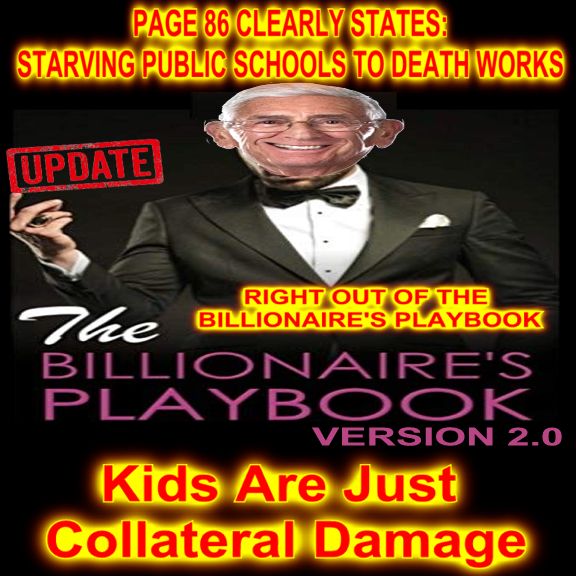The Hit and Miss of Education Reforms
Occasionally, I post pieces on my blog written by others. The blog I’m posting today was written by John Thompson, a retired Oklahoma City educator and writer. Thompson, who has a Ph.D. in American History from Rutgers University, has been honored with several teaching awards, is a Fulbright Scholar, and is a regular contributor to many of the nation’s most influential educational policy blogs, including pro-reform blogs, as well as the Huffington Post, the Washington Post and The Progressive Magazine.
Mr. Thompson’s observations offer historical context to many of the current reforms happening in public education in Tulsa.
The Hit and Miss of Education Reforms
TTulsans don’t need a retired Oklahoma City Public Schools teacher to remind them that since 2015 the Tulsa Public Schools have cut $22 million from its budget, even dipping into its reserve fund to balance the books. Now it must cut another $20 million. As the Tulsa World noted, the budget is due in February, but only 15% of the proposed cuts have been revealed.
Despite the assistance of the outcome-driven “Billionaires Boys Club,” the TPS has lost 5,000 students in recent years, especially to the suburbs and online charters. But urban educators need to engage in a dialogue about why Chief for Change Superintendent Deborah Gist and her staff of Broad Academy administrators have produced such awful outcomes.
I know from three decades of experience that when the underfunded Oklahoma City Public Schools (OKCPS) is presented with contradictory “good cop, bad cop” mandates, district leaders say nice CONTINUE READING: The Hit and Miss of Education Reforms - TulsaKids Magazine


















